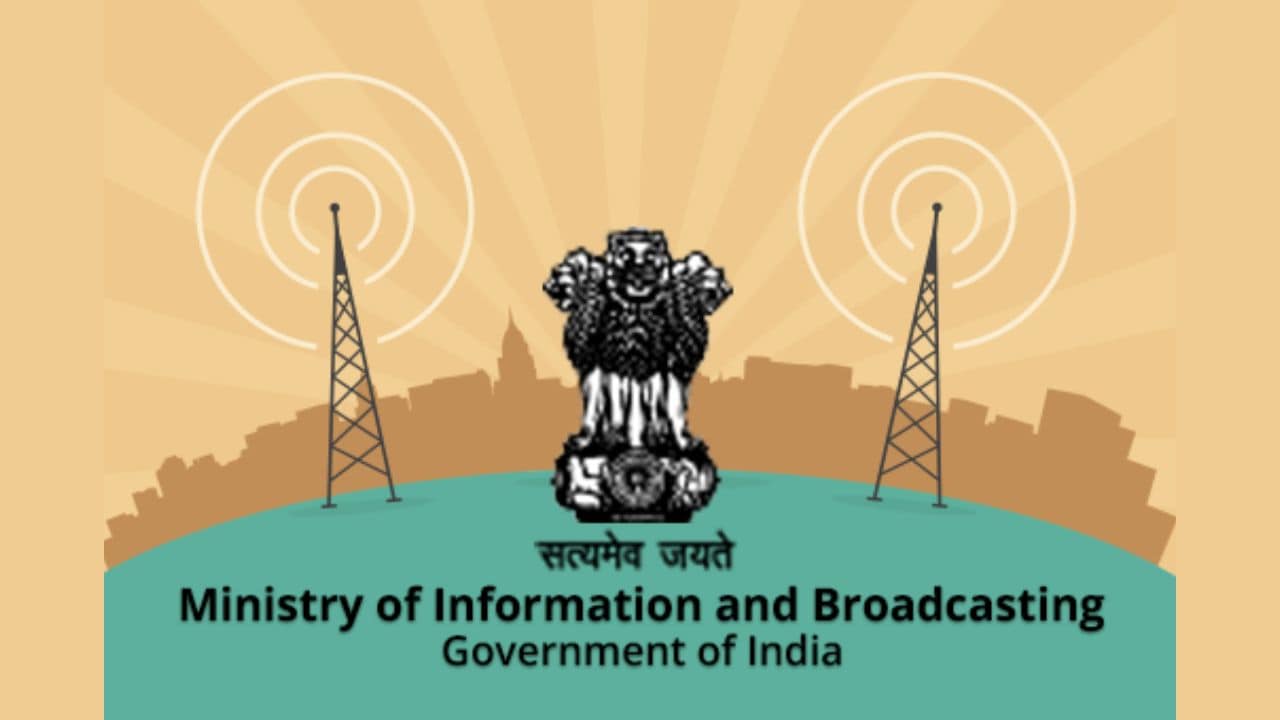According to the highly placed sources, the rework on the second draft of the Broadcasting Services (Regulation) Bill, 2024, has been suspended.
Not only has the review of the second draft been suspended but the Ministry of Information and Broadcasting (MIB) has not held or planning to conduct stakeholder consultation in the near future, it was told to Storyboard18.
The development holds significance because in August, the Ministry publicly announced plans to publish the fresh draft after a detailed consultations, soon.
The draft Bill has undergone significant revisions since its initial draft was released in November 2023.
While the first draft was made public, the second draft, circulated among select stakeholders in July 2024, has remained shrouded in secrecy.
Unofficial copies of the second draft sparked concerns about transparency and public participation in the legislative process, and certain new regulations that were proposed in the second draft.
Facing the backlash, in August this year, the Ministry then reopened consultations on its first Bill giving time till October 15 to send comments and said it would publish a “fresh draft” after detailed consultations.
The latest development, however, is that the Ministry seems to have put the plan to either update or review the draft or to consult stakeholders, on the back burner.
“The secrecy surrounding the second draft of the Bill has indeed raised significant concerns among digital publishers, independent content creators, and civil society organisations. The selective distribution of the draft to a limited number of stakeholders, without involving key public stakeholders, has undermined the principles of transparency and inclusivity in the legislative process”, Alpana Srivastava, Partner, Desai & Diwanji, tells Storyboard18.
With the second draft of the Bill, the Centre tried to push for a consolidated legal framework to organise the broadcasting sector, including OTTs and online creators – overhauling all the existing policies. The Bill is said to replace one of the earlier key regulations for cable television, governed by the Cable Television Networks (Regulation) Act of 1995.
“Recent developments indicate that only select industry players are involved. As of now, no new formal stakeholder consultations have been announced, but pressure is mounting for a more inclusive and transparent process,” says Bombay High Court Advocate Siddharth Chandrashekhar.
Recently, transparency activist Anjali Bhardwaj filed an RTI to know a list of all stakeholders with whom the draft Bill was shared in July, this year and also sought a copy of the draft Bill.
In response, the Ministry has stated that certain parts of the draft bill were subsequently updated and a fresh draft will only be published after detailed consultation. It also added that the bill is at the drafting stage.
Read more: Industry endorses withdrawal of draft Digital Competition Bill
Major changes between the first and second draft Bill
The second draft of the Bill introduced terms like advertisement intermediary, Digital News Broadcaster, and social media intermediaries.
It also established specific penalties for violations: for instance, Rs 10 lakhs for the first violation; Rs 50 lakhs for subsequent violations within three years; Rs 50 lakhs for the first breach of subscriber record maintenance and Rs 2.5 crores for repeated breaches.
While the old draft didn’t define ‘Digital News Broadcaster’, the new draft defined it as any person broadcasting news and current affairs through a digital medium as part of systematic business or commercial activity (excluding replica e-papers).
The old draft made no specific classification for OTT broadcasting service classification, whereas the second draft classified broadcasting services providing curated content unrelated to news and current affairs as “OTT broadcasting services.”
Read more: MIB to issue fresh draft of Broadcasting Bill post consultations
The second draft also defined ‘Ground-Based Broadcaster’ as providers of channels on cable and IPTV networks, excluding satellite channels.
In terms of content regulations, while the first draft Bill made it mandatory to have certification by Content Evaluation Committees (CEC) for all programs, the new draft exempted news and current affairs programs from mandatory CEC certification.
Further, the first draft made no mention of provisions for grievance redressal, but the second draft said that online creators exceeding a certain subscriber count must appoint a grievance redressal officer and a content evaluation committee.
While the second draft removed some provisions for potential suppression of free speech but retained contentious elements like criminal penalties and mandatory disclosures.
Multiple organisations including the likes of Deepstrat, Internet and Mobile Association of India (IAMAI), DigiPub, Content Creators Association of India (CCAOI) expressed concerns about the Bill’s potential to stifle free speech and press freedom, particularly through broad definitions and government oversight powers.
Quarter of stakeholders also criticised the proposed uniform regulations for OTT and social media news providers, arguing that they could undermine internet openness and disproportionately affect smaller platforms and independent creators.
“The lack of clear definitions for terms like “news and current affairs programs” and “OTT” was a major point of concern, as it could lead to arbitrary enforcement and censorship. Also, the Bill’s proposed oversight mechanisms, including broad content monitoring powers and the potential to bypass grievance redressal tiers, were seen as a threat to free speech and due process,” points out Srivastava.
The limited public consultation process, including the exclusive release of the Bill in English, was also criticised.
Following this, the withdrawal of the draft Bill and holding meaningful stakeholder consultations was suggested by the stakeholders. Following which, on August 12, MIB said that it will publish a fresh draft of the Bill after detailed consultations, within hours of it asking the stakeholders to return watermarked physical copies of the same.
